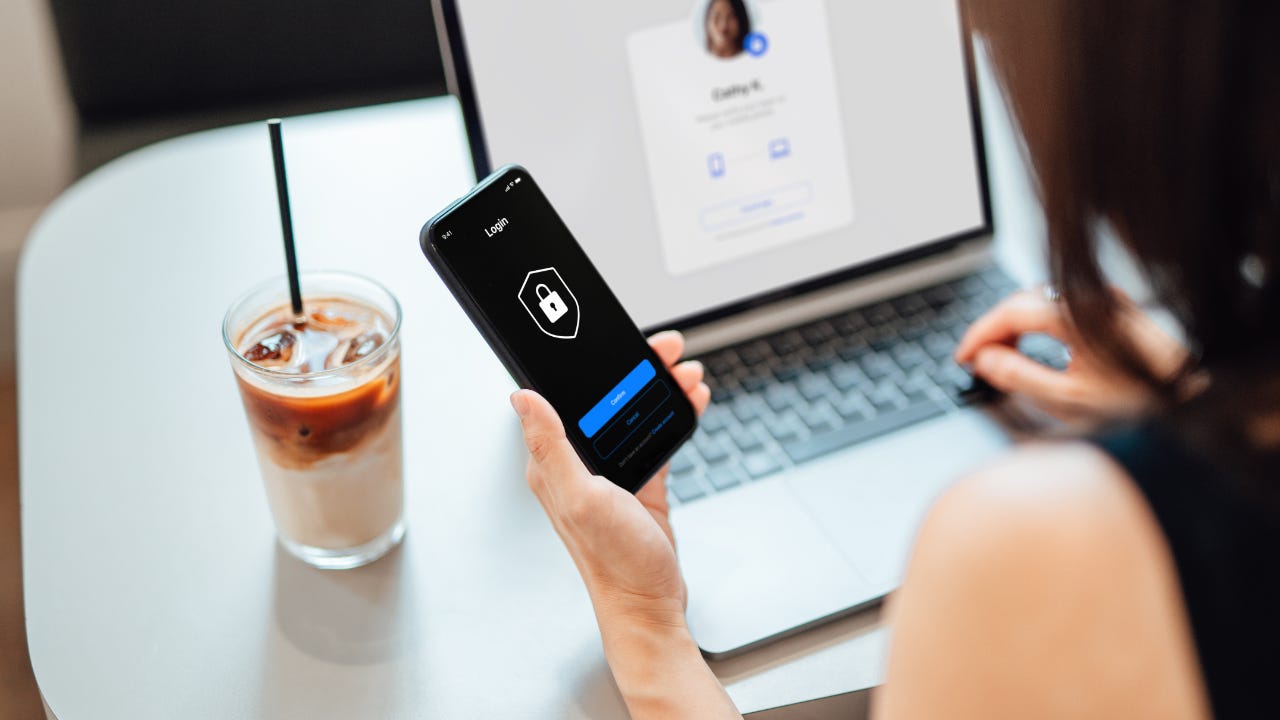How to choose the best identity theft service: 8 things to consider

Consumers have a lot of options when it comes to choosing an identity theft protection service, and there are a number of things to consider before selecting one.
If you’re shopping for ID theft protection for the first time, look for a plan with a reputable provider that offers services that make you feel confident.
“Make sure the policy you purchase offers services that you cannot reasonably perform on your own,” says John Buzzard, lead analyst in fraud and security at Javelin Strategy & Research.
8 things to consider when choosing an ID theft service
Here are eight things to consider when shopping for ID theft protection.
1. The kind of information that is monitored
Identity theft protection services differ in the type and scope of information they monitor and how often they do it.
For example, some services monitor your credit record at all three credit reporting bureaus, plus provide you with credit reports and credit scores; other services offer less oversight of your credit.
Much of what companies monitor depends on the permissions they are given by their customers. For example, monitoring of Social Security numbers and bank and investment accounts require customers’ consent.
Other records are public and do not require consent. Find out what kind of public records companies monitor. Some protection services check sex offender registries, tax and property records and more.
There are companies that will monitor your social media accounts and scour the dark web to see if your personal data is being sold.
Consider all the personal data you want to protect before choosing a plan.
2. Available tools
Make sure an ID theft service has all the tools you want. Alerts serve as a tool many companies offer. Inquire about the type and timing of alerts. If you want real-time notifications every time there is a transaction on your bank account or an account is opened in your name, for example, find a service that offers this.
Consider whether you want a virtual private network (VPN), parental controls, antivirus software or a password manager to generate strong passwords, store them securely and retrieve them.
Lost wallet protection is good to have if your wallet is ever lost or stolen. This tool can assist with canceling and replacing bank cards, notifying banks and other entities of the loss and instituting credit freezes or fraud alerts.
Some companies track your credit score and offer credit simulator tools that let you know how a potential financial decision, such as buying a car, will affect your score.
3. Recovery services
If your personal credentials were stolen, would you know what steps to take to recover them? Would you have the time to write letters, make phone calls and do the other things needed to restore your credentials?
“Javelin research shows that the average identity fraud victim spends at least nine hours trying to resolve their identity fraud problems. That’s an entire workday for most consumers!” Buzzard says. “Remember: Identity fraud resolution is often long and more complex than many realize.”
If you’re not confident in your ability to handle ID theft recovery on your own, consider a protection plan that offers recovery assistance.
4. Identity theft insurance
Many ID theft protection services offer insurance. Depending on the terms of the insurance, it might replenish your stolen funds, pay legal fees and expert fees you incur while trying to regain your credentials, and pay travel expenses and lost wages.
Some companies offer up to $1 million in identity theft insurance. If this is a feature you want from a protection service, make sure you understand the terms and conditions of the policy before purchasing a plan.
5. Variety of plans
Most ID theft protection services offer tiered plans for individuals and families. There are bare-bones plans that provide a lower level of service and are less expensive. There are upper-tier plans that offer more comprehensive services and cost more.
Choose a plan that fits your needs. Make sure the plan covers all your devices, including the children’s devices, if that’s the case.
6. Mobile app
Is the ID theft service’s mobile app user-friendly? It’s pointless to have an app that is poorly designed and hard to use.
This is an important consideration. Read online reviews. If the plan offers a free trial period, it may be a good opportunity to try out the app.
7. Price
Price is a major consideration for most people. Find an ID theft service that fits your budget. Ask whether there is a free trial before you commit to buying.
Identity theft protection services typically cost $7 to $50 a month, depending on the type of plan. Family plans will cost more than plans for individuals. Prices are also set according to levels of service. The most comprehensive services will cost more.
8. Customer service
Ask whether customer care services are U.S.-based and the hours of availability. Some companies offer 24/7 support. These are important considerations, especially if you become a victim of ID theft and need help fast.
Find out whether you would have a single-case manager or fraud specialist assigned to you in case of ID theft. Having one expert assigned to your identity theft recovery case is better than talking to different fraud specialists each time.
Popular ID theft services
Here is a sampling of popular ID theft protection companies and a few details about what they offer. Visit their websites for more information about coverage and pricing.
Identity Guard
Identity Guard has three tiers of service. All of them offer $1 million of identity theft insurance and use IBM Watson artificial intelligence to monitor and process information. It also monitors the dark web, including black market websites, secret chat rooms and underground forums, for threats to your identity.
Aura
Aura has plans for individuals, couples and families. All plans include identity theft insurance, antivirus software, a virtual private network, a password manager, access to a dedicated, U.S.-based fraud resolution specialist and case manager, monitoring of address, home title, criminal and court records, lost wallet remediation and more.
LifeLock by Norton
LifeLock has three tiers of plans. All of them include up to $1 million of insurance for lawyers and experts, plus stolen funds reimbursement ranging from $25,000 to $1 million, depending on the plan. All plans provide identity and Social Security number alerts, stolen wallet protection, dark web monitoring, 24/7 customer live member support, U.S.-based identity restoration specialists, data breach notifications and monitoring of at least one credit bureau.
Identity Force
Identity Force is a brand of TransUnion. It offers two plans, with an option to add child ID theft protection for an additional cost. Both plans offer extensive monitoring of court records, address changes, sex offender registries, social media, the dark web and more. The plans also include alerts for bank and credit card activity, Social Security number tracking and a feature that removes your name from the frequently-used marketing databases and stops preapproved credit card offers.
Complete ID
Complete ID is part of Experian. It offers four tiers of plans, with discounted rates available for Costco members. All plans include monitoring of the three credit bureaus, monthly VantageScore credit update, dark web surveillance, monitoring of Social Security number and criminal records, mail change alerts, lost wallet assistance and up to $1 million of ID theft insurance.
PrivacyGuard
PrivacyGuard offers a plan for credit protection and a plan for both credit and identity theft protection. Both plans offer monthly credit score tracking and daily credit monitoring at the three credit bureaus, email and text alerts, a dedicated ID fraud resolution agent, secure browser, secure keyboard, credit score simulator, credit information hotline and the PrivacyGuard mobile app.
Why we ask for feedback Your feedback helps us improve our content and services. It takes less than a minute to complete.
Your responses are anonymous and will only be used for improving our website.
You may also like

How to get a credit card for the first time





